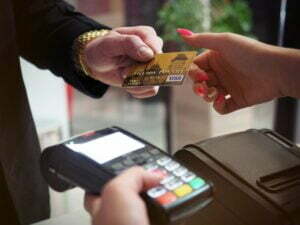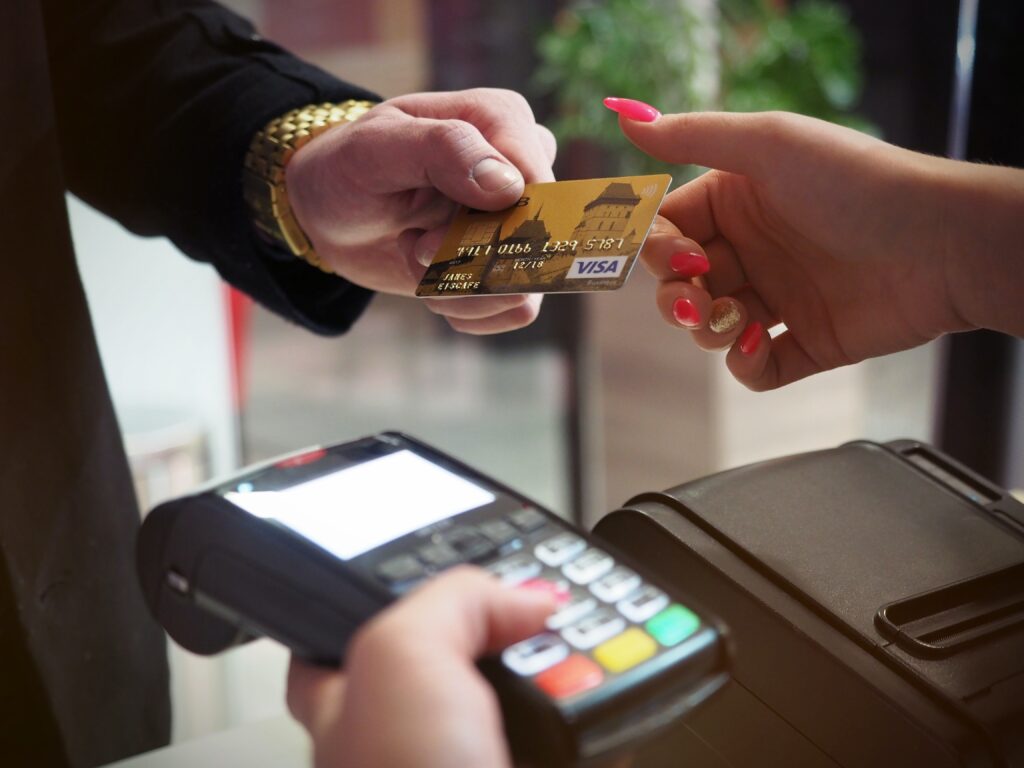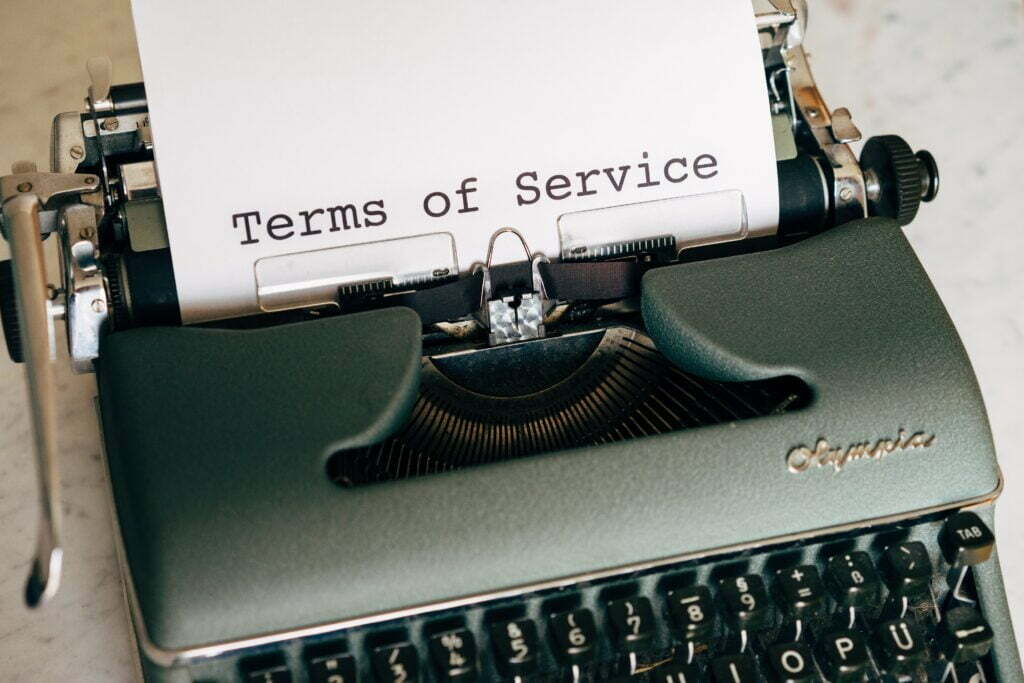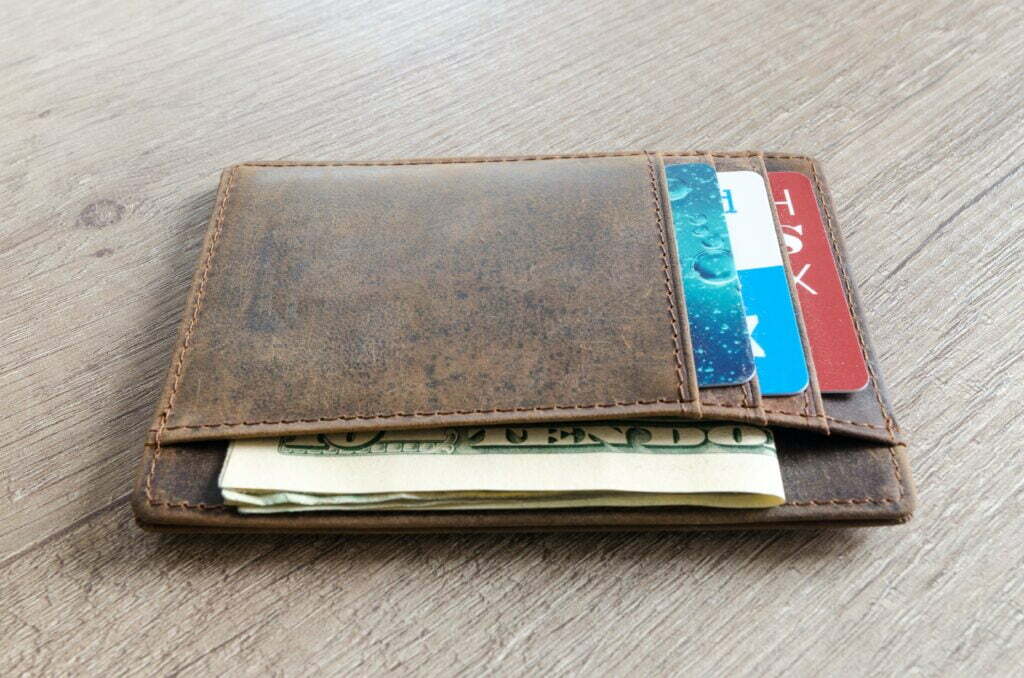
Credit cards have become an integral part of modern life, providing us with convenience, security, and rewards. With a credit card, we can make purchases without carrying cash, earn cashback and points for every dollar we spend, and enjoy added protections and security. However, credit cards can also be a double-edged sword if not used wisely. If we overspend, carry a balance, or miss payments, we could end up paying hefty interest fees, damaging our credit scores, and falling into debt. Therefore, it’s crucial to learn the wise use of credit cards to maximize their benefits and avoid their pitfalls.
Here are some tips for using credit cards wisely:

Understand the terms and conditions
Before applying for a card, make sure to read and understand the terms and conditions carefully. The terms and conditions will tell you the interest rate, the annual fee, the grace period, the rewards program, and other important details. By knowing these details, you can make an informed decision about whether the credit card suits your needs and budget.

Choose the right card
There are many types of credit cards, each designed for different purposes and users. For example, there are rewards cards that offer cashback, points, or miles for every purchase, travel cards that offer travel perks and insurance, balance transfer cards that offer low-interest rates for transferring balances from other cards, and secured cards that require a deposit and help build credit. To choose the right card, consider your spending habits, goals, and credit score. If you pay off your balance in full every month and want to earn rewards, a rewards card may be suitable for you. If you have a high balance on another card and want to save on interest, a balance transfer card may be helpful.
Set a budget and stick to it
One of the biggest pitfalls of credit cards is overspending. It’s easy to swipe a card and forget how much we’ve spent, especially when we don’t see the money leaving our hands. Therefore, it’s crucial to set a budget and stick to it. Make a list of your essential expenses, such as rent, utilities, groceries, and transportation, and allocate a portion of your income for them. Then, decide how much you can afford to spend on discretionary expenses, such as dining out, shopping, and entertainment, and use your credit card for those purchases. By sticking to your budget, you can avoid overspending and accumulating debt.
Pay your balance in full every month
One of the best ways to avoid interest fees and debt is to pay your balance in full every month. When you pay your balance in full, you don’t carry over any balance to the next month, and you don’t accrue any interest. Moreover, paying your balance in full every month can help improve your credit score by showing lenders that you’re responsible with credit. To ensure that you can pay your balance in full every month, keep track of your spending, set alerts for due dates, and avoid using your credit card for expenses you can’t afford.
Don’t max out your credit limit
Your credit limit is the maximum amount you can spend on your credit card. While it’s tempting to use your credit card to its full extent, maxing out your credit limit can hurt your credit score and your ability to borrow in the future. When you use more than 30% of your credit limit, it can signal to lenders that you’re relying too much on credit and may not be able to pay it back. Therefore, it’s best to keep your credit utilization ratio below 30%. For example, if your credit limit is $1,000, try not to spend more than $300 on your credit card.
Pay on time
Paying your credit card bill on time is crucial for maintaining a good credit score and avoiding late fees. Late payments can also increase your interest rate and result in penalty fees, making your credit card balance even harder to pay off. To avoid late payments, set up automatic payments or reminders for due dates, and pay your bill as soon as possible. If you’re having trouble making payments, contact your credit card issuer to discuss your options, such as a payment plan or a hardship program.
Monitor your statements and credit report
It’s important to review your credit card statements regularly to detect any errors, fraudulent charges, or unauthorized transactions. By catching these issues early, you can dispute them with your credit card issuer and prevent them from affecting your credit score. Moreover, monitoring your credit report can help you track your credit history, detect any inaccuracies, and identify areas for improvement. You’re entitled to a free credit report from each of the three major credit bureaus (Equifax, Experian, and Cibil TransUnion) once a year, so take advantage of this opportunity and check your report for errors or discrepancies.
Avoid cash advances and payday loans

While credit cards can provide easy access to cash, it’s not always a good idea to use them for cash advances or payday loans. Cash advances usually come with high fees and interest rates, and they start accruing interest immediately, unlike regular purchases, which have a grace period. Moreover, payday loans can trap you in a cycle of debt, as they often have astronomical interest rates and short repayment terms. Instead of relying on cash advances or payday loans, consider other options, such as a personal loan, a line of credit, or a savings account
Don’t apply for too many credit cards
While having multiple credit cards can give you more flexibility and rewards, applying for too many credit cards can hurt your credit score and your chances of getting approved for loans or mortgages. When you apply for a credit card, the issuer will pull your credit report, which creates a hard inquiry and lowers your credit score temporarily. Moreover, having too many open credit accounts can signal to lenders that you’re a higher credit risk and may not be able to handle more debt. Therefore, it’s best to apply for credit cards only when you need them and to choose the ones that suit your needs the most.
Use cards responsibly
Ultimately, the wise use of credit cards comes down to responsible behavior and self-control. Credit cards can be powerful tools that help you manage your finances and achieve your goals, but they can also lead you into debt and financial trouble if you’re not careful.


